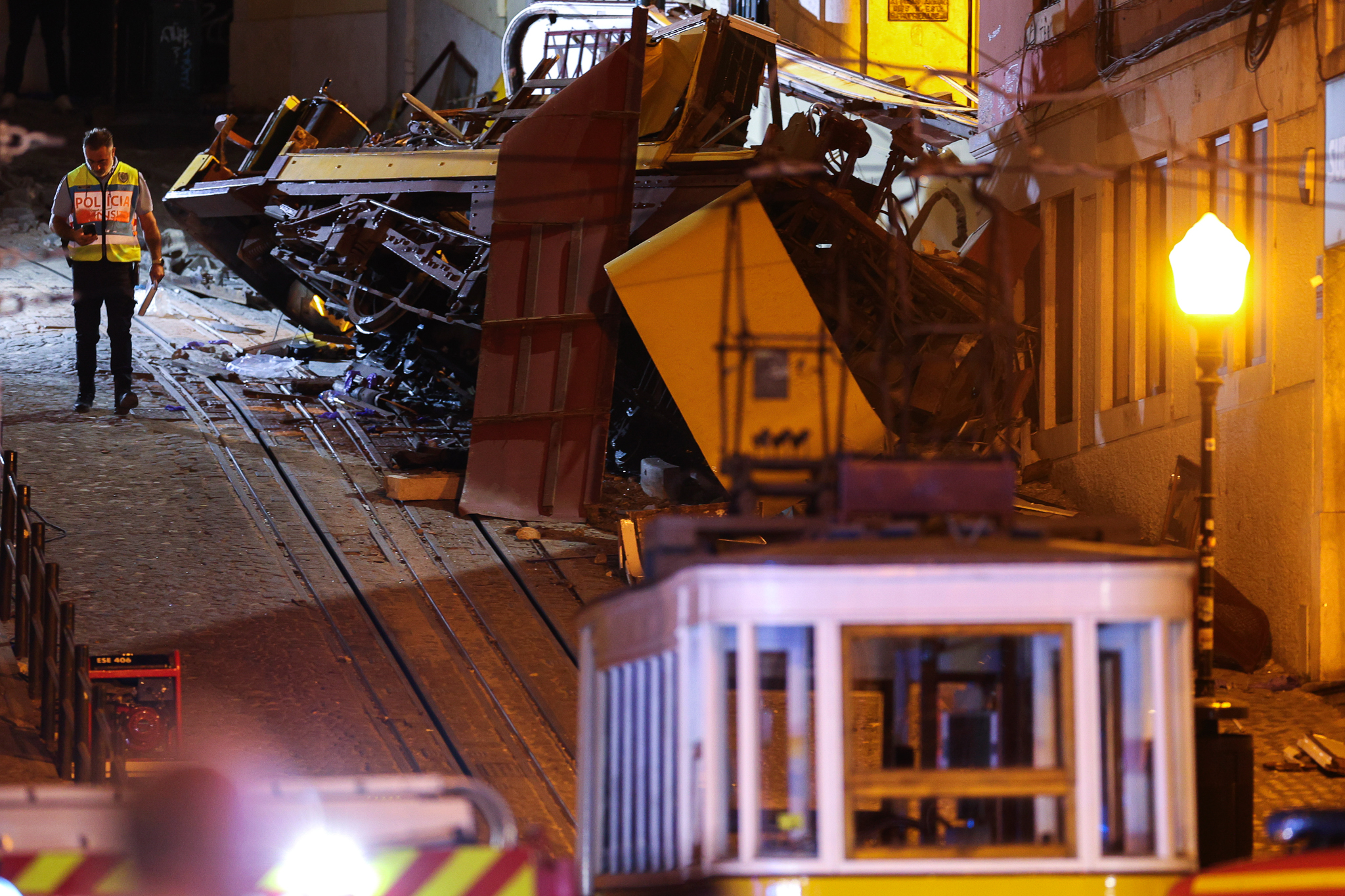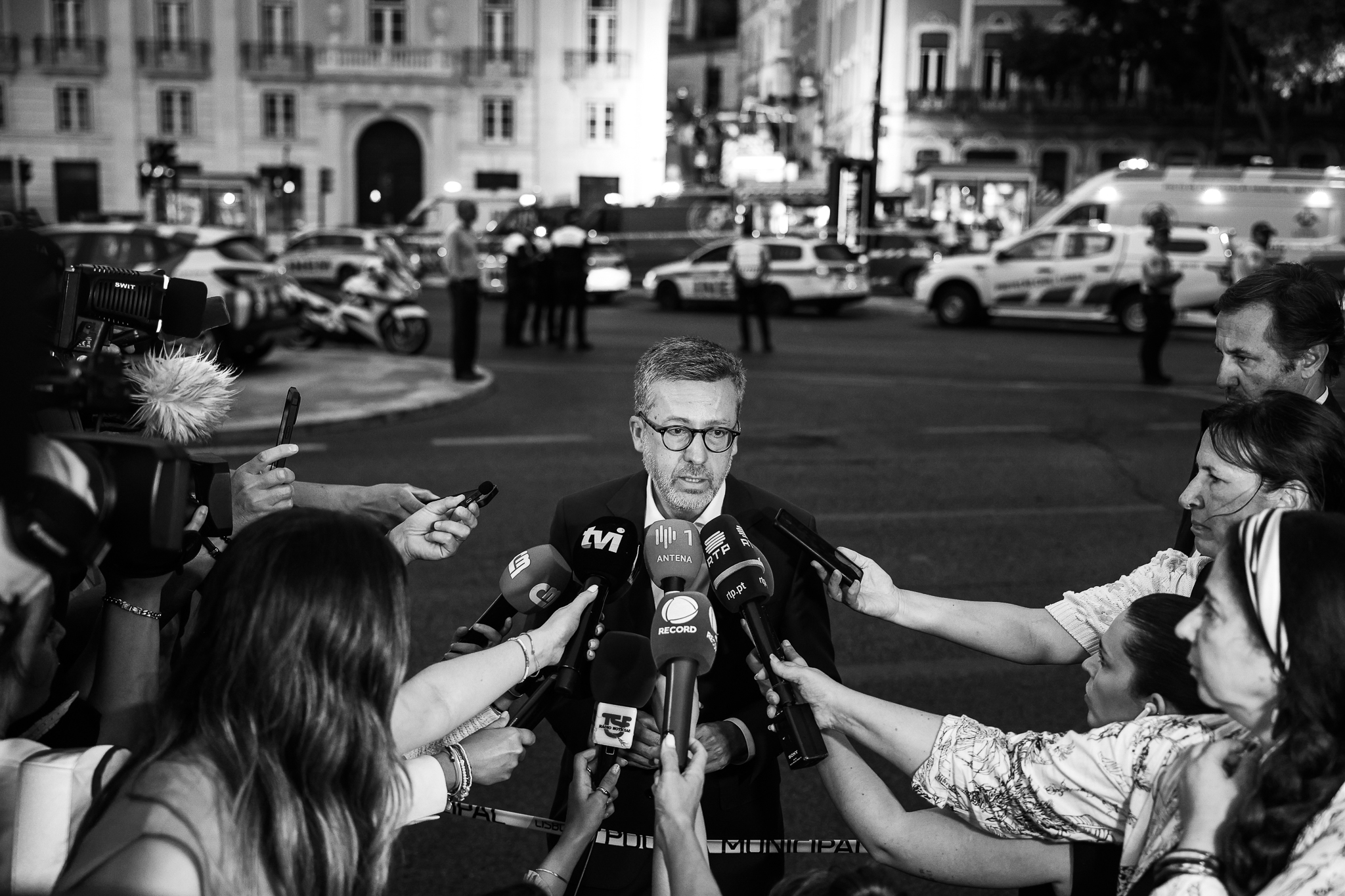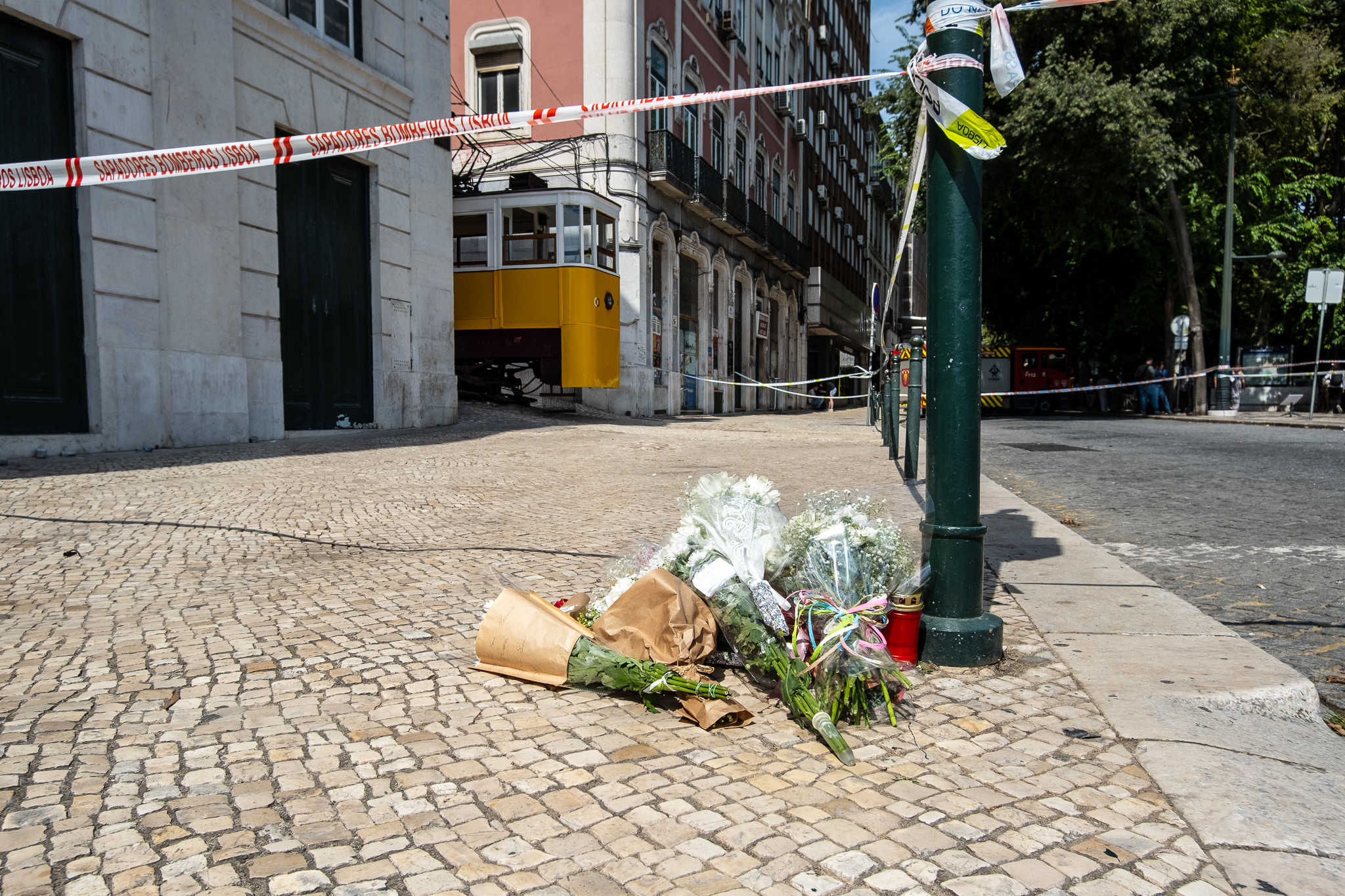The MUBi association points out that "Portugal has spent more than 30 billion Euros on road infrastructures in the last 25 years to save a minute and a half in the duration of commuting".

The National Strategies for pedestrian mobility e by bicycle point that, in eight years, the use of these modes will constitute almost half of the daily trips of the Portuguese. But for the country to reverse the growth of car use and radically change urban mobility patterns, it is necessary that both Strategies "guarantee the participation and articulation of all the governmental areas involved, the empowerment of the entities responsible for the execution of the measures, and the training of technicians from state and municipal bodies in the area of active mobility"says MUBi in a note sent to the newsroom.
For the association that seeks to represent users of active modes, in particular the bicycle, "above all, it takes will, commitment and courage from the government and municipalities to significantly reduce public resources allocated to the car and invest seriously in active modes of transport, at least at the same level as in other European countries".
A National Strategy for Active Pedestrian Mobility 2030 (ENMAP 2030), which was in public consultation until November, predicts that in eight years the modal share of walking will increase from 16% to 35%. By the end of the decade, active modes (walking and cycling) are expected to be the main daily travel option for nearly half of the Portuguese populationalso taking into account the objectives of the National Strategy for Active Cycling Mobility 2020-2030 (ENMAC 2020-2030).
"However, the results of the 2021 Census show that the public policies for sustainable mobility have been ineffective and insufficient to curb the growth of car use“MUBi points out. "Portugal has allocated more than 30 billion euros to road infrastructure in the last 25 years, to be able to save one and a half minutes in commuting time"sustaining that in 1991 the Portuguese took 21.56 minutes to go to work/study and 19.9 minutes in 2021. "Portuguese cities are now more congested and polluted, and the dependence on car use - Portugal is the second most car-using country in the European Union - is a high burden on families."
For this association, "it is essential and urgent" that the Government and municipalities disinvest in the automobile, "redirecting public resources to the most efficient and sustainable modes".
No-Budget Strategies
MUBi asks that ENMAP 2030 be given all the budgeted measures, clearly indicating the sources of financing foreseen. It also says that indicators and achievement and result targets should be presented for each of the measures. "It is desirable that, for each measure, intermediate and final targets are presented", points out. "The Government should also proceed quickly with the budgeting of the ENMAC 2020-2030 measures, which should have happened by the end of 2019."
For MUBi, the coordination and management of both Strategies should be assured by a Mission Structure. "Only this structure will have the capacity and political legitimacy to actively involve all the entities responsible for and participating in the measures, under the responsibility of various ministries, in the pursuit of the objectives of the two Strategies."
This coordination team must have multidisciplinary human resources and its own budget, says MUBi. "The three technicians that the draft version of ENMAP 2030 suggests for the coordination of the two Strategies are clearly insufficient"points out the association. "As an example, the government agency Active Travel England, which coordinates the delivery of national policies for active mobility in England, plans to hire a staff of around 100 people."
MUBi also proposes that capacity building of public entities, such as municipalities and other bodies responsible for measures of the two National Strategies, in the "areas of active, inclusive and sustainable mobility and road citizenship" with "a program, comprehensive and ongoing, of hiring and training technicians". For this association, this training is fundamental to "promote the change of current mobility patterns".
Reduce road safety
Portugal is one of the European countries with the worst road accident rates within cities. And we will only be able to massively promote mobility on foot and the use of bicycles if we substantially reduce the road risk in urban areas, which requires strong political leadership and a wide range of assertive and consistent measures. This is far from happening in the draft ENMAP 2030, which needs much improvement in this critical area. MUBi also believes that the ENMAP 2030, like the ENMAC 2020-2030 in relation to bicycle users, should have pedestrian fatality reduction targets: at least 25% by 2026 and 50% by 2030.
"Many areas peripheral to Portuguese city centers are authentic "jungles" where it is incredibly risky to walk and cycle, even to access public transportation. It is necessary that the Government and the municipalities work to reduce inequalities in accessibility and mobility“writes.
In the contribution sent during the public consultation phase, MUBi proposed the implementation of a Active Mobility Observatory. "Collecting and monitoring data, such as percentages of trips made in each mode of transport, kilometers walked and cycled, comfort and fear of using active modes, etc., at the level of municipalities and for various demographic groups, is essential to benchmark and correct the execution of public policies in this area."says.
"ENMAC is already in its fourth year of implementation, but it remains under-resourced and on the evidence of largely missing its interim targets for 2025, and it is worrying that the Pedestrian Strategy may follow suit."says Rui Igreja, leader of MUBi, quoted in a statement. "It is not enough for the government to say that it wants to increase the use of active modes. It needs to make funding sources available for ENMAP and ENMAC and empower the responsible entities to carry out the measures."











